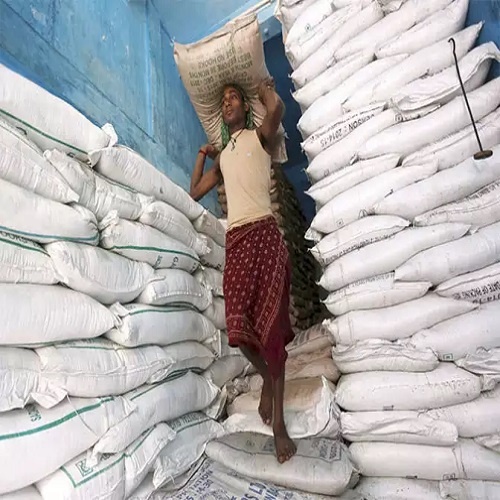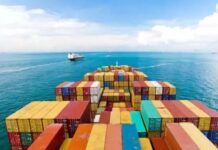Islamabad: Agricultural experts have underscored the importance of stringent border checks to curb the smuggling of essential commodities, particularly sugar, and ensure a smooth supply in the domestic market, according to brecorder.
Speaking to the media on Friday, Khan Faraz, former Secretary of the Pakistan Tobacco Board and an agriculture expert, highlighted that sugarcane holds significant importance as a cash crop in Pakistan, cultivated extensively across the country.
Faraz further noted that despite a delayed start and lower estimates of sugarcane output, sugar production reportedly increased by 5% in the first three months of the 2023-24 crushing season. The country witnessed the production of 2.252 million tonnes of sugar during the ongoing crushing season till December 2023, compared to 2.143 million tonnes in the same period the previous year—an increment of 0.108 million tonnes or 5% in sweetener manufacturing this year.
Market insiders stressed that the sugar production for the 2023-24 season should be adequate to meet national demand, provided strict checks and balances are maintained throughout the sugar supply chain. They particularly emphasized the need for the most rigorous measures to curb the smuggling of the commodity. While acknowledging the interim government’s commendable decision to ban sugar exports, Faraz urged its continuation in both letter and spirit to effectively address domestic demand.
Faraz highlighted the presence of numerous sugar mills established for manufacturing sugar from locally grown sugarcane. Additionally, a portion of the crop is utilized for the production of “Gur” (Jaggery), especially in Khyber Pakhtunkhwa. The sugar industry stands as the second-largest agriculture-based industry after textiles.
Sugarcane cultivation is predominantly concentrated in the province of Punjab, accounting for approximately 68% of the production share, followed by Sindh with a share of around 25%, and Khyber Pakhtunkhwa contributing a smaller share of about 8.0%.












